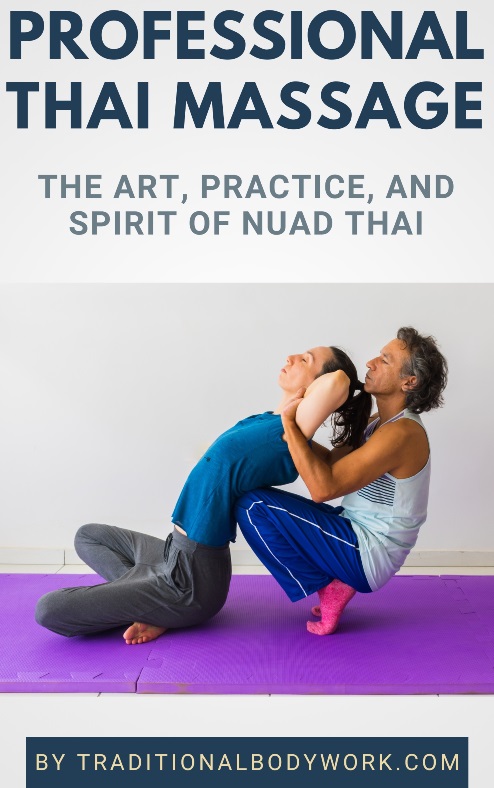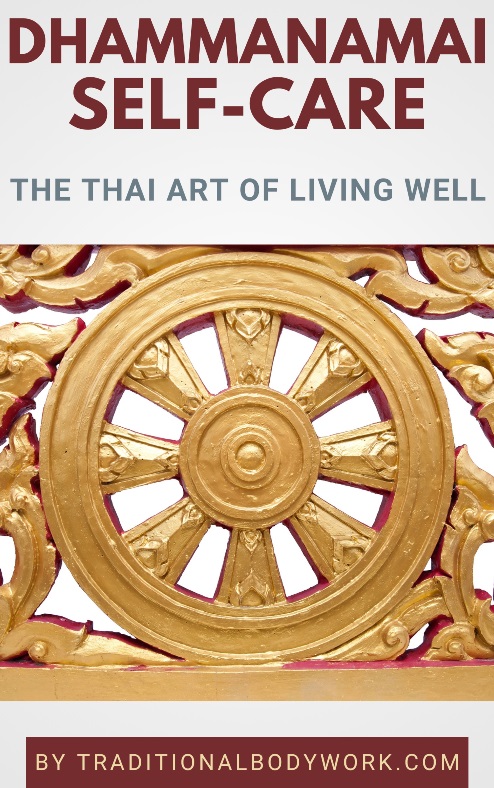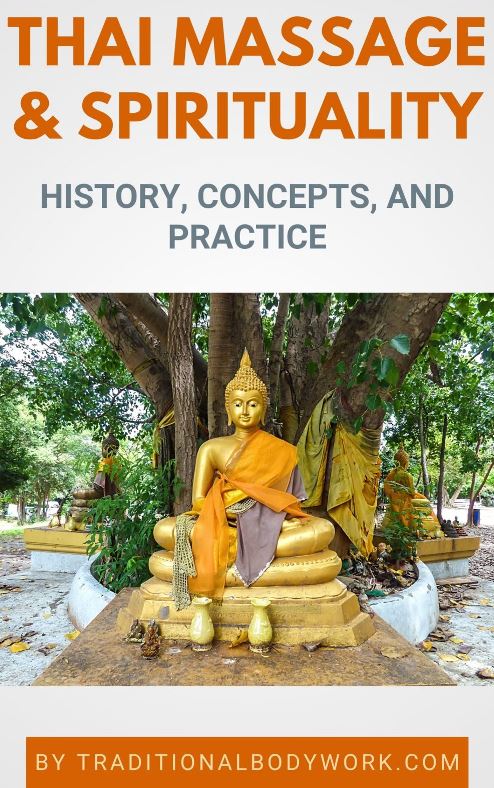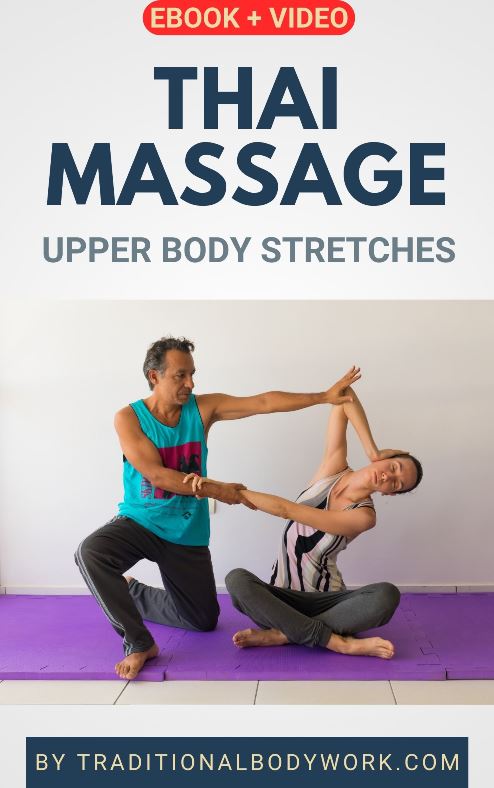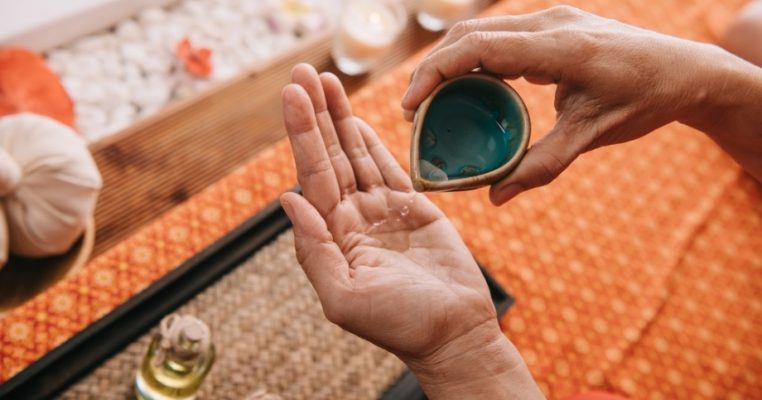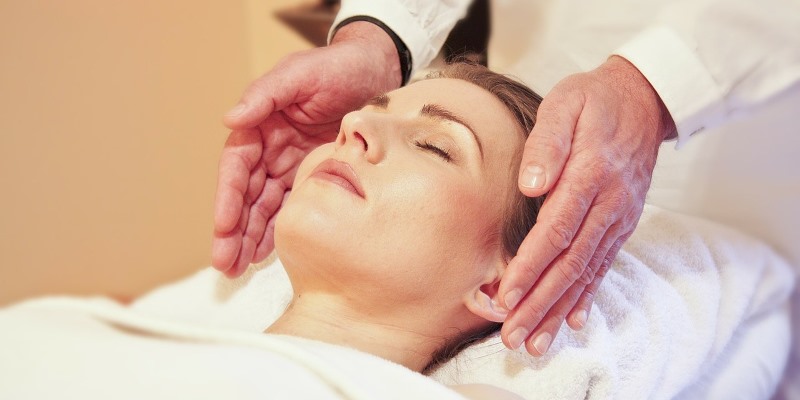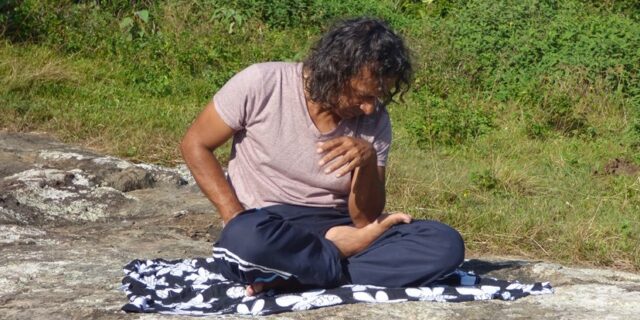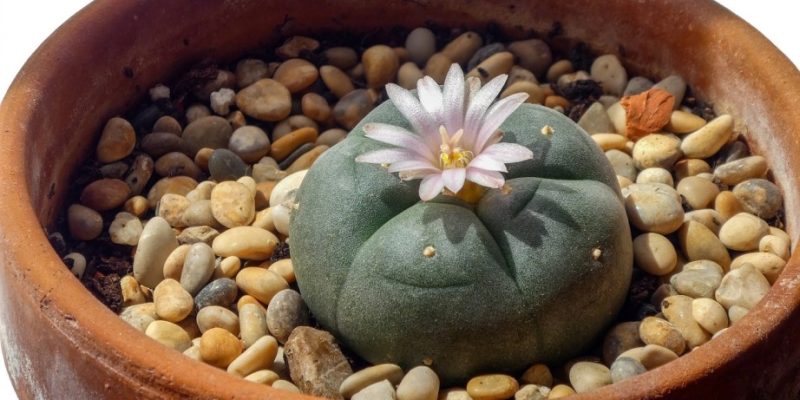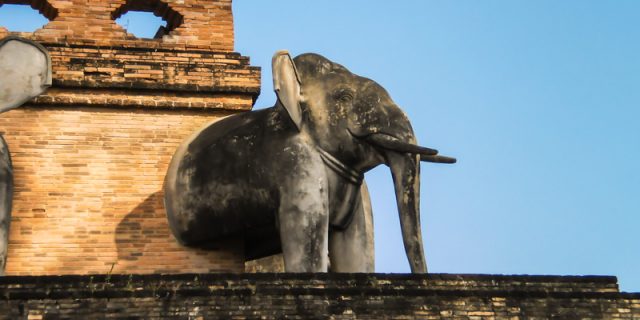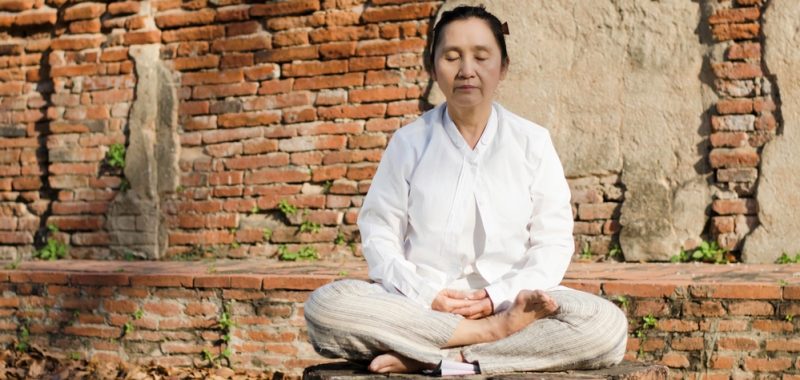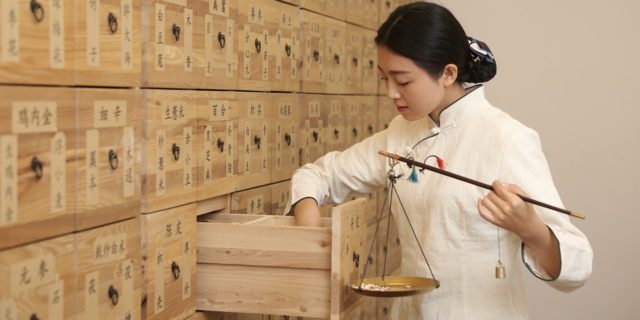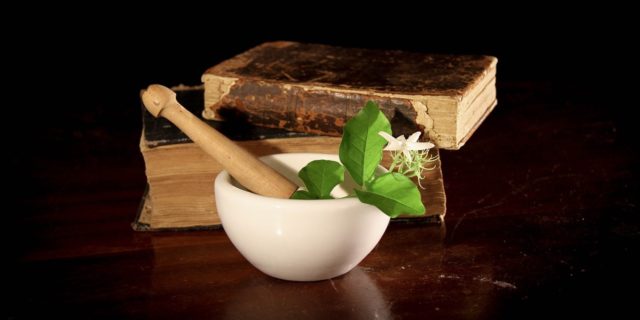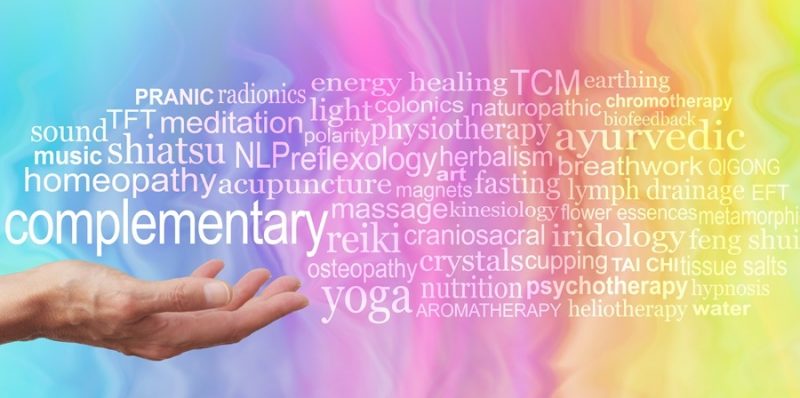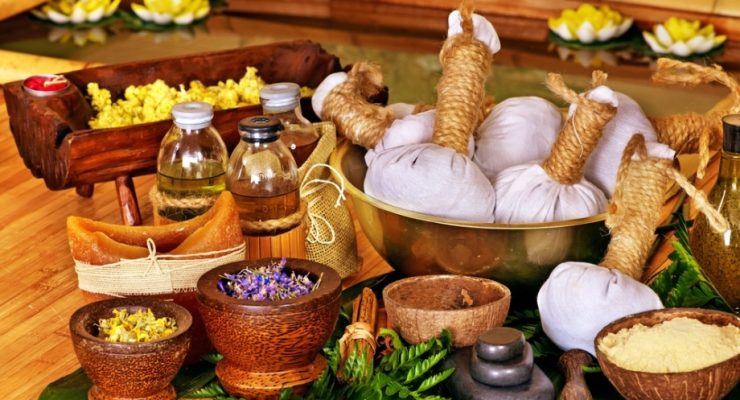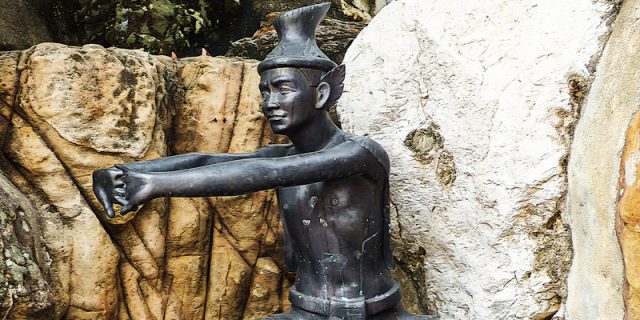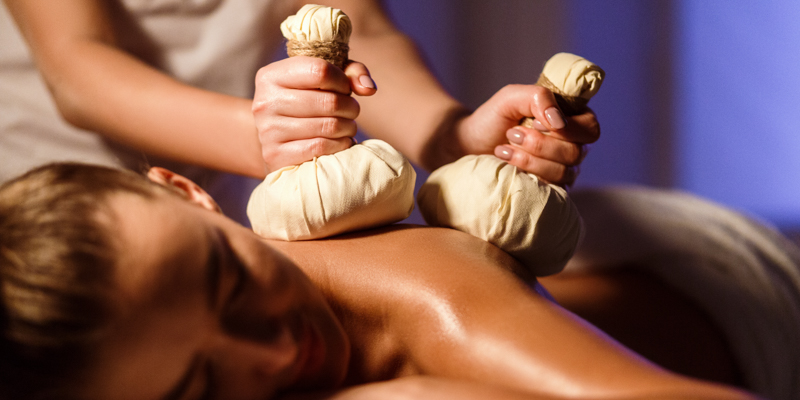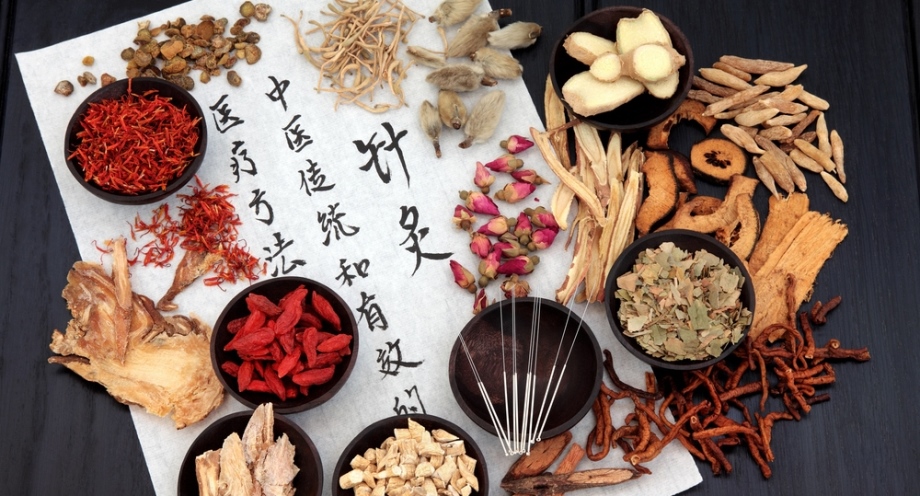
Thai Traditional Medicine (TTM) and Modern Medicine (Western Biomedicine) are part of Thailand’s Primary Health Care System.
Nevertheless, alternative medicines are also used, which is reflected in the name of the DTAM in Thailand (part of the Ministry of Health), which stands for “The Department of Traditional and Alternative Medicine.” Hence, what kinds of healing practices are considered Thai Alternative Medicine?

Well, Thailand has a rich history of medical practices, and apart from Modern Medicine and what today is called TTM (which in itself is an integration of many different types of traditional medicines), the Thai people also rely substantially on Traditional Chinese Medicine (TCM) and (in a somewhat lesser degree) on Ayurvedic Medicine.
In fact, TCM and Ayurveda are considered alternative medicine, alongside those modalities within Thai Indigenous Medicine (often those with local animistic features) that are not officially incorporated in TTM.
Yet, despite TCM being considered alternative medicine in Thailand, it does not show any alienation in the Thai culture because there are a large number of Chinese-Thai descendants (estimates account for 10%-15% of the Thai population) who actively use TCM treatments. In addition, it’s also a very popular treatment modality among Thais who don’t have Chinese ancestry.
Ayurvedic Medicine in its “pure Indic form” is also commonly used in Thailand, and treatment offerings can be found in Ayurvedic Clinics and spas, in TTM clinics, and in Thai spas and massage parlors. We should keep in mind here that TTM was considerably influenced by Ayurveda and sometimes it’s not easily recognizable what is actually “Thai Ayurveda” and what’s “pure Indic Ayurveda.”
At any rate, some examples of other types of alternative medicine recognized in Thailand include Yoga, Music Therapy, Aromatherapy, Art Therapy, Biofeedback, Detox Regimes, Light-Color-Sound Meditation, Reiki, Magnet Therapy, Shiatsu, Reflexology, Chakra Balancing, Homeopathy, and Electromagnetic Therapy.



